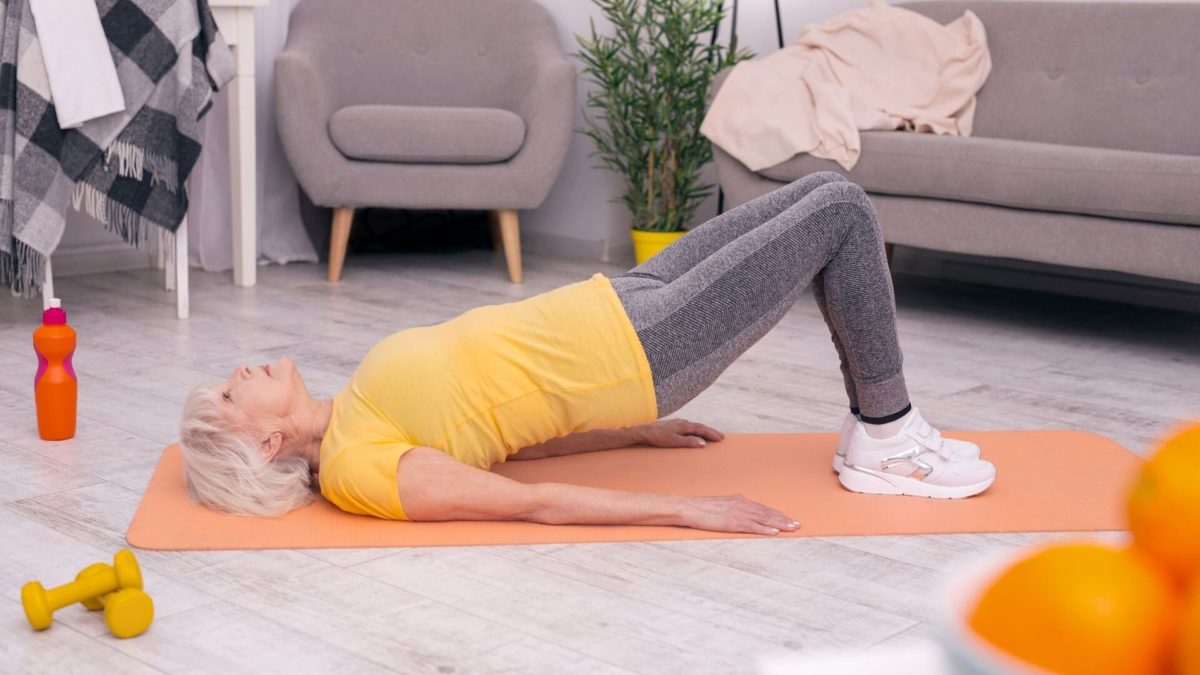Fecal Incontinence

John’s father had a stroke a few years ago and now he can no longer take good care of himself. As the situation worsened, his father started to show signs of loss of bladder and bowel control.
Today, John’s father didn’t make it to the bathroom again, which wasn’t a surprise, because everytime John did his father’s laundry, he finds, stains on his underwear. His father is aware of it and feels embarrassed, too. However, John knows that these infrequent accidents may only get worse in the future.
Fecal incontinence is common among seniors. For persons who are over 65 years old in the US, 17.3% have reported to having accidental bowel leakages of mucus, liquid stools or solid stools. So in today’s blog post, we are going to focus on helping our loved ones with fecal incontinence. If you are experiencing such an issue, just keep reading.
What is Fecal Incontinence and What Causes it?
Fecal incontinence is an inability to control bowel movements, which may result in stool leakage. It happens especially when a person is trying to expel gas, and the stoolpasses without control.
While diarrhea and gastroenteritis might cause temporary fecal incontinence (FL), it can also be caused by some long-term illness or natural aging.
For seniors, FL can occur due to age related deterioration in the bowel’s muscles and neurons. Chronic constipation can also contribute to FL as well, since the stool “overflows” from the rectum if impacted.
Other Causes:
Some other causes, such as Alzheimer’s Disease, can cause one to lose bowel control. For some seniors, they can even have a bowel movement outside the bathroom, and in some cases, play with there feces, suggesting a connection to past events. See our blog post on “The Power of Telling Senior Stories” for more details.
In addition, stress and fear that are caused by temporary changes in their environment can lead to FL in seniors. So, when a senior moves to a new long-term care home, they may be more likely to be stressed and have bowel leakage.
Some seniors with physical disabilities would also have higher chance of FL. This is easy to understand since they have difficulties in reaching a toilet.
How to Take Care of Someone with Fecal Incontinence (FL)
-
Identify the Cause
We always stress on finding the caause before moving on to solve the problem. So before you “deal with the mess”, it is always helpful to find out the true reason behind your loved one’s FL – is it because thay are experiencing an acute change of surroundings? Or has a certain medication caused your loved one to be unable to reach the bathroom when he or she in need?
Once you have found the root, you are safe to proceed to the next step.
-
Make Dietary Changes
Another way to prevent FL is by making some dietary adjustments.
If chronic constipraion is the underlying issue, fibre can play a significant role in decreasing symptoms. Increasing fluid intake can also ease constipation and prevent such accidents.
-
Exercises
Particular exercises that are aimed at increasing anal sphincter function and strengthening the muscles of the pelvic floor may be beneficial to control bowel movements. The most well-known exercise that tightens pelvic floor muscles would be “Kegel” exercises. If this is your first time hearing about it, here’s the instruction of how to complete a Kegel exercise.
Step One: Find Your Pelvic Floor Muscle
When you are urinating, stop it in midstream, and feel the muscles that are holding the urine – this is the pelvic floor muscle that you are going to train during the whole exercise. However, we don’t recommend holding your urine constantly as a way to exercise the muscle, as it will increase the risk of kidney infection.
Step Two: Make Sure Your Bladder Is Empty, And Find a Comfortable Position
Empty your bladder to prevent urine leakages during the exercise. Then, you can sit or lie down to find a position that’s comfortable for you.
Step Three: Tighten Your Pelvic Floor Muscles, And Hold For 5 Seconds.
Step Four: Relax The Muscle For 3 Seconds.
Step Five: Repeat 10 times, 3 Times a Day.
-
Bowel Training
Encourage regular toileting and reduce the likelihood of accidents. This, however, takes time to show results.
This is especially meaningful for people with physical disabilities. So set up a schedule that works for them to have a bowel movement, and stick to the schedule, so incidents of leakage and overflow can be prevented.
-
Increase Hygiene
Stools may cause skin irritation, so regular cleaning and maintaining skin integrity is very important. If the person is using an absorbent product, change it regularly and constantly, so that it won’t cause further discomfort.
At the End:
Fecal incontinence may be embarrassing for both the senior and the family. If you think it causes too much work for you, it is always better to seek extra help such as hiring a caregiver to handle it.
References:
https://www.agingcare.com/articles/caring-for-a-loved-one-with-fecal-incontinence-214869.htm
https://www.healthline.com/health/holding-pee#is-it-safe
https://medlineplus.gov/ency/patientinstructions/000141.htm


